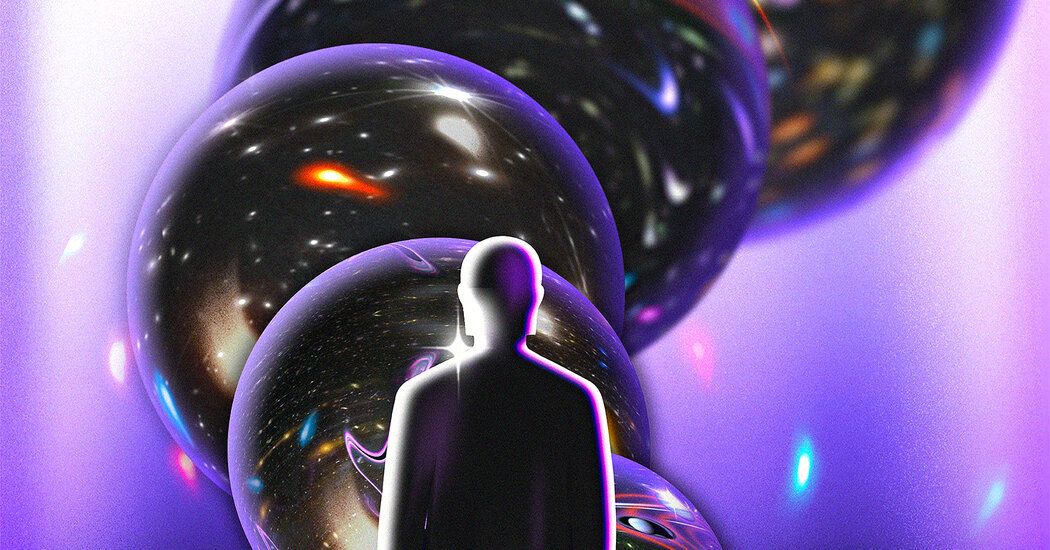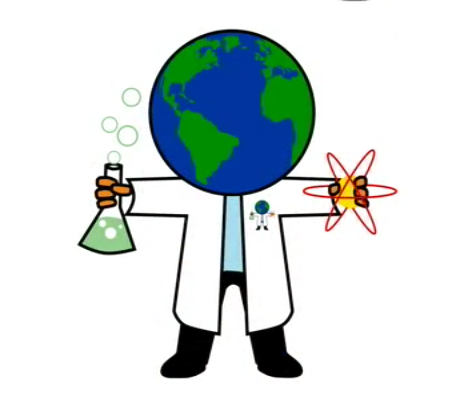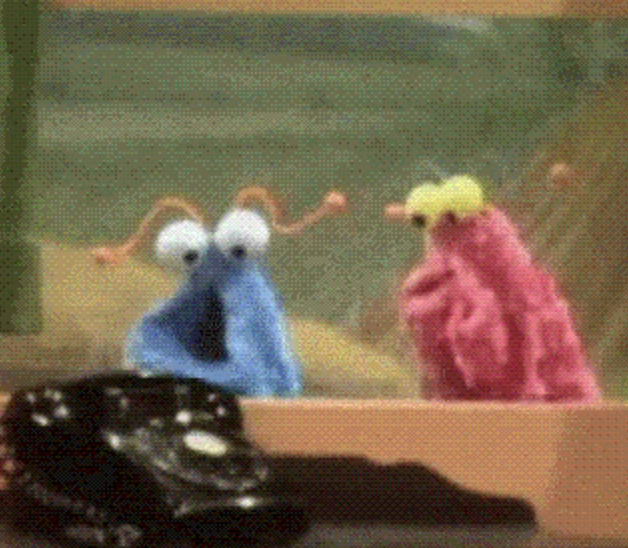Of course the story we’ve come up with has started to unravel. It was essentially destined to, just as all the past stories we’ve come up with have. We’re just the tiniest little splash in the tiniest little pan way off in some obscure corner of a reality that is vast and complex beyond comprehension.
To think that we can understand the nature of the universe, much less that we already do, is and always has been startlingly obviously ludicrous.
Right. If cosmology weren’t in crisis, we’d be doing it wrong.
The exciting existential-crisis results are often less ‘Eureka!’ and more ‘Huh, that’s weird’, right?
I’d compare this to our understanding of evolution and the frequent table-flipping discoveries involved. We thought we had an idea pretty well understood. Yet we keep learning that while the idea itself is solid, our ability to predict how things worked was too simplistic. So it goes when we look into the past (I’m a history nerd by hobby, so this is how it makes sense to me).
Sort of. The broad dynamic is essentially the same, though evolution is a comparatively tiny idea compared to anything that might come out of cosmology.
That’s a good illustration of my point though. Think about the complexities and the table-flipping along the way to our current understanding of evolution, then expand that out - we’re not just addressing the mechanisms by which specific forms of life come to be on this specific planet, but the fundamental nature and history of an incomprehensibly vast universe.
When we know - we’ve demonstrated to ourselves repeatedly - that we still don’t even fully grasp the facts regarding something as relatively mundane and constrained as the origin and differentiation of species of life, it should drive home how ludicrous it is to believe that we’ve managed to grasp the facts regarding the origin and history of the universe as a whole.
If a timeline is infinitely long, you will always be closer to its start than to its end
deleted by creator
I don’t know shit and everything I thought I was right about is probably wrong
Almost everyone once thought the big bang was the beginning of everything and started from a singularity. Now we know that there never was any singularity and that cosmic inflation preceded and set up the big bang.
I didn’t realize our theories have changed regarding this. Do you have a good source for an idiot like me?
There was a prior state of the universe before the big bang known as “cosmic inflation”. This prior state lasted an unknown length of time.
https://bigthink.com/starts-with-a-bang/evidence-universe-before-big-bang/
We also know the now observable universe contained a significant amount of space at the time of the big bang. It was a minimum of 2 meters in diameter, and probably much bigger. Of course, the full universe would have been far bigger.
https://www.forbes.com/sites/startswithabang/2018/07/27/there-was-no-big-bang-singularity/
Now it *looks like.
It really feels like a game of forced perspective, in a very literal sense. I think it was prior to Edwin Hubble that we thought certain fuzzy blobs in the sky were nebulae, until the type 1a supernova discovery tweaked our angle of view, the fuzzy blobs turned out to be distant galaxies in their own right, and suddenly the whole damn universe got deeper.
Space is a jerk. It’s my favorite. MOAR secrets, pls
Cosmology seems to blow every 20-30 years it seems. It’s worth noting that accelerating expansion of the universe was only discovered in 1998. It wouldn’t be a surprise if the books get rewritten or massively altered again.
Archive Link
Nothing is more exciting than a surprise. Imagine going to the trouble of sending a probe into space and it reported exactly what we expected?
deleted by creator
Who disrupted a canon event?
The standard model today holds that “normal” matter — the stuff that makes up people and planets and everything else we can see — constitutes only about 4 percent of the universe. The rest is invisible stuff called dark matter and dark energy (roughly 27 percent and 68 percent).
Please use different words - possibly “clear matter” or “invisible matter” and “invisible energy”. It’s so sad when conceptual hurdles are put in place by poorly implemented terminology. It’s fixable, and easily done so . . .
I’m not sure why that’s a conceptual hurdle. Electromagnetic radiation, including the visible light spectrum, is one of the primary methods in which we gather data about and interpret the universe. To say that the matter is “dark” is to say that it’s not detectable on the electromagnetic spectrum to us as we know it.
It’s not an uncommon turn of phrase, it’s the same reasoning for the colloquial term “going dark” regarding radio communication silence.
To say that it’s “invisible” or “clear” would imply the existence of some property causing it to be so. This would also imply the presence of interpretable data in order to term it as such, when in truth none exists. You could perhaps say “unknown” but then that’s truly arbitrary, “dark” at least implies the opposite of “light”, i.e. detectable and serves a conjectural purpose in that sense.










